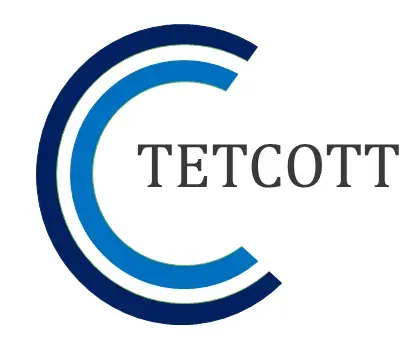The A-Z of Leadership: Delegation
Agatha Christie once said “never do anything yourself that others can do for you”. But effective delegation is not about just doling out tasks, it’s about passing on responsibility!
Delegation is a critical skill that every leader needs to master but to become proficient at it requires practice and perseverance. So, how’s it done?
The first step is for the leader to list/analyse their tasks:
This will help to assess whether they are working on their most important priorities while developing others. What tasks do they absolutely have to do themself? What tasks can be delegated?
Who to delegate to:
Once they know what to delegate, each task is assigned to a team member. It is important that the person has the skills & knowledge (and capacity) to manage that task – horses for courses – make sure the task fits.
Define the task:
If the objective or task is not clear to leader, it probably won’t be to the delegate either. The required outcome has to be specific. What is non-negotiable and what decision-making authority the delegate will have. Do milestones need to be set? What process updates are required.
Support
The delegate will likely need more support when completing a new and unfamiliar task. What information, knowledge or resources does the delegate need to be successful? How will these be provided?
Monitor & review
Despite the best planning, things can and do sometimes go wrong. It is important to act quickly if deadlines for progress reports are missed, or if the delegate is struggling – it’s important not to micromanage but instead offer support and coaching where needed.
Delegation has great advantages for the leader, their team and the organisation as a whole. The leader benefits by not having to do all the heavy lifting themself, it helps build trust with the team members who can grow and learn from taking over responsibility for a task and the organisation benefits because it will have more engaged, fulfilled employees. Win, Win, Win!
Cheers, Nick
